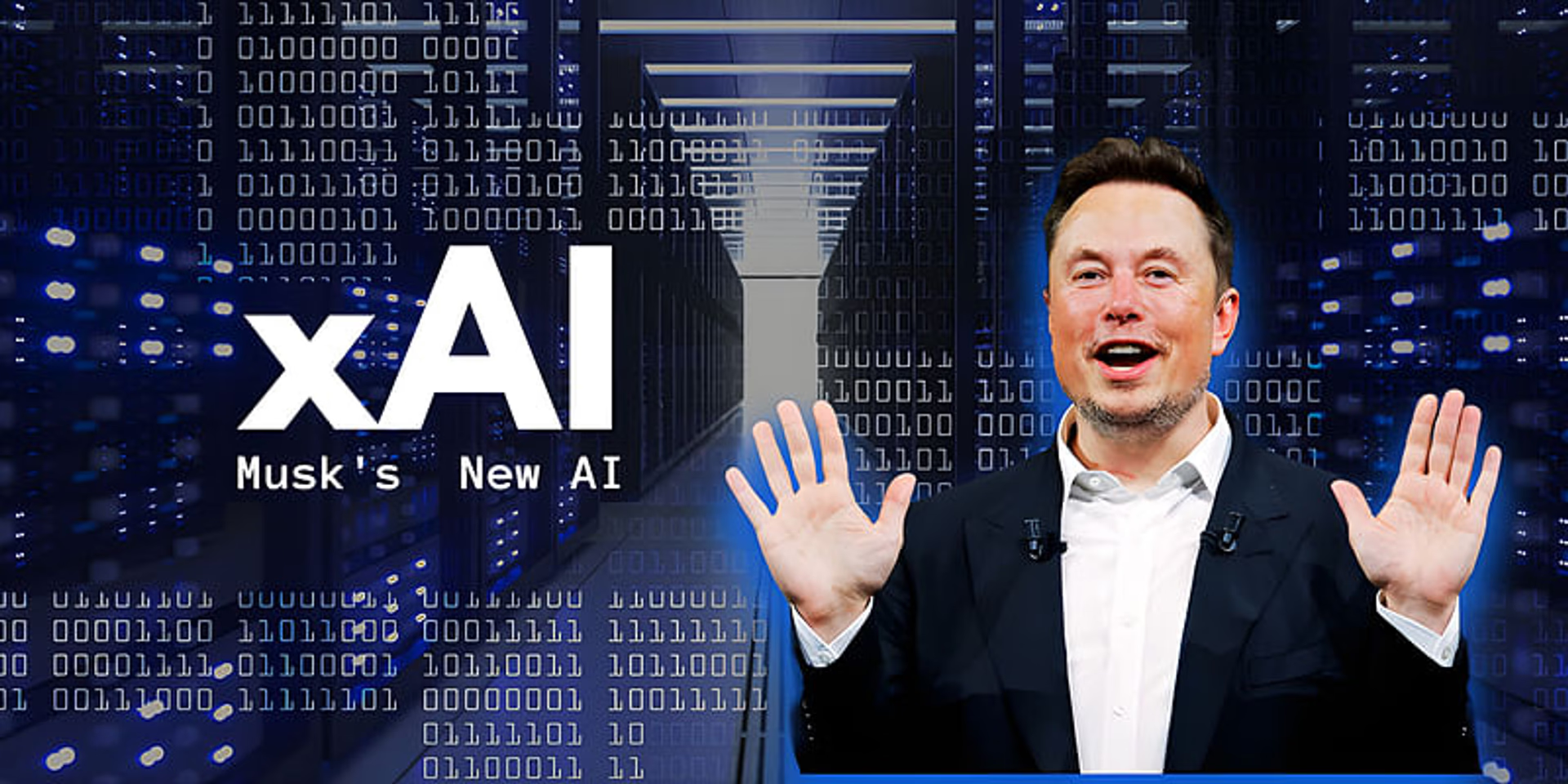The track titled ‘Heart on My Sleeve’ is looking to make history by becoming the first artificial intelligence-generated song to secure a Grammy nomination.
Created by an anonymous producer called ‘Ghostwriter’, the song went viral when it was released in April this year.
The AI-created track closely mimics the the voices of popular artists, Drake and The Weeknd. However, neither of them have contributed anything personally to it and have got nothing to do with the song.
As per reports, the Recording Academy, which is the organisation behind the Grammy, has received the song’s submission for nominations in the Best Rap Song and Song of the Year categories. As confirmed by the organisation’s CEO, Harvey Mason, Jr., the track is “absolutely eligible because it was written by a human”.
Therefore, the award, if won, will be attributed to the songwriter in both the categories. Back in July, the Grammys had clarified that AI-generated music will be eligible for awards in 2024. This followed the organisation’s updated rules and eligibility criteria where it stated that “a work that contains no human authorship is not eligible in any categories”.
However, CEO Harvey Mason also made it clear that as long as a human contributes more, and in a meaningful way, it will “always” be considered for awards. The Academy would not give a Grammy or a nomination to the AI portion of the track. But, if an AI voice model performs lead vocals on the track, it could be eligible in the songwriting category but not in the performance category and vice versa.
It was also observed that the Academy would also look into other key components of Grammy rules like whether or not the song was available commercially. Here, it states a track must have “general distribution” to be eligible, including availability on streaming platforms.
While the ‘Heart on My Sleeve’ was initially released on platforms like YouTube and Spotify, it has now been removed from all major streaming services. This was a result of April’s “takedown notices” issued by Universal Music, which is one of the industry’s most prominent record labels. It sent emails to major streaming services, including Spotify and Apple Music, requesting they block AI services from harvesting melodies and lyrics from copyrighted songs and remove songs violating copyright.
However, the song can still be found around the internet as it remains available to fans who want to listen on sites such as YouTube. Industry experts have also been observed saying that the song’s use of AI fell into a “legal grey area”.
As artists continue to contest on whether AI-created tracks should be made eligible for awards, a Grammy nomination for one of them would mark a momentous shift in the industry. On one side, there are artists who have openly welcomed the technology like Grimes who is even willing to split 50% of royalties with creators who make use of her voice track in a successful song. On the other hand, rapper Ice Cube called AI demonic, threatening to sue anyone mimicking his voice on AI tracks.
This year, the Academy has made an attempt to consider how to deal with rising use of this novel technology in the music industry, working out whether it should include or exclude the use of AI. It even held a summit with industry leaders on the future of AI in music.
In a July interview, Mason, Jr. had stated that at the Recording Academy: “We’re not going to be giving a nomination or an award to an AI computer or someone who just prompted AI. That’s the distinction that we’re trying to make. It’s the human award highlighting excellence, driven by human creativity.”
AI music
Last month, legendary singer Nick Cave revealed his thoughts on AI-generated music and said that using ChatGPT to write lyrics is “participating in this erosion of the world’s soul and the spirit of humanity itself”.
Cave added: “There are all sorts of temptations in this world that will eat away at your creative spirit, but none more fiendish than that boundless machine of artistic demoralisation, ChatGPT.”


